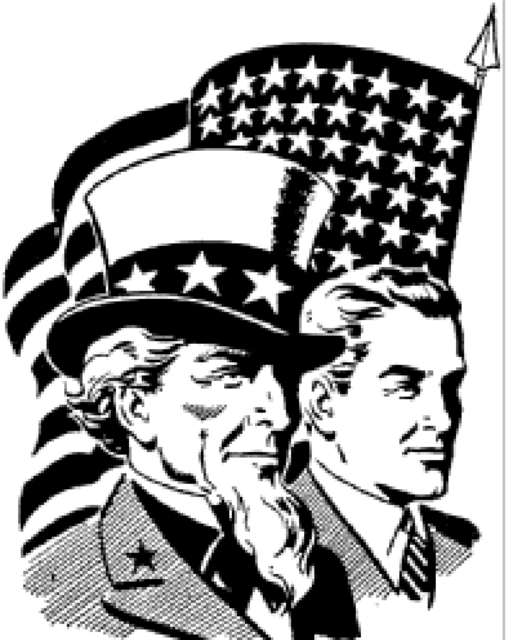Trump repeals rule that required federal contractors to disclose wage theft or workplace safety violations
“The message Donald Trump is sending today is that there are no consequences for companies who break American Labor law”
The Hill, By Tim Devaney - 03/27/17
President Trump repealed the so-called “blacklisting rule” Monday that required federal contractors to disclose labor violations.
The Obama-era rule was intended to prevent the government from contracting with businesses responsible for wage theft or workplace safety violations at any point within the last three years. But business groups feared it gave unions the upper hand at the bargaining table.
Trump struck down the blacklisting rule, along with three other regulations aimed at protecting the environment and students, Monday afternoon during a White House signing ceremony.
The other regulations Trump overturned include the Interior Department’s land use rule, as well as the Education Department’s rules for teacher preparation and school accountability.
The regulatory repeals provide a much-needed distraction for the White House, as Republicans look to quickly turn the page on their failed attempt to eliminate ObamaCare.
“Only one [other] time in our history did a president sign a bill to cancel federal regulations,” Trump told a roomful of Republican lawmakers as he touted their accomplishment.
Employers were particularly concerned about the blacklisting rule.
“The rule violated the due process rights of contractors by forcing them to report mere allegations of misconduct — which are often frivolous and filed with nefarious intentions by special interest groups,” said Ben Brubeck, vice president of regulatory affairs at the Associated Builders and Contractors.
But repealing the blacklisting rule could raise labor concerns for Trump, as many of the working-class voters who supported the president last November may see it as a betrayal of one of his central campaign promises to improve their wages and working conditions.
“The message Donald Trump is sending today is that there are no consequences for companies who break American Labor law,” said Joseph Geevarghese, executive director of Good Jobs Nation, which is part of the movement lobbying for a $15 federal minimum wage.
President Obama’s executive order calling for the blacklisting rule was partly inspired by the Chemical Safety Board, an independent agency that recommended “additional contractor responsibility” in a 2013 report.
But in opposition to efforts from the Trump administration and Republican lawmakers, the Chemical Safety Board said earlier this month that it is “unacceptable” the rule is falling apart.
Republicans lawmakers voted to strike down these regulations through the Congressional Review Act, which allows certain regulations to be undone while preventing the minority in the Senate from using the filibuster.
Before Trump, the seldom-used law had only be used successfully once in 2001 when then-President George W. Bush repealed a Clinton-era labor regulation.
Since January, Trump has repealed seven regulations under the Congressional Review Act, with more expected in the coming weeks.
Amit Narang, regulatory policy advocate at the left-leaning Public Citizen, accused Republicans of challenging “every rule under the sun.”
James Goodwin, senior regulatory policy analyst at the Center for Progressive Reform, criticized GOP lawmakers for the “orgy of Congressional Review Act resolutions” they are sending to Trump.
“It’s an incredibly reckless approach to congressional oversight,” Goodwin said. “We’re talking about rules that have been in the works for four, five, six, seven years. They’re lining them up for repeal, even though they probably have no idea what they do or which agency they came from.”
“That sort of thoughtful deliberation has fallen by the wayside for too many Republicans,” he said.
Sam Batkins, director of regulatory policy at the conservative American Action Forum, admitted the Congressional Review Act is a “pretty blunt instrument,” because it not only repeals these regulations, but it also prohibits future presidents from issuing similar rules.
What has surprised Batkins and other conservatives are the number of obscure rules Congress is repealing this way.
“One thing I was struck by is that some of the regulations being repealed are not things that were on my radar,” said Susan Dudley, the former administrator of the White House’s Office of Information and Regulatory Affairs under President George W. Bush.
Even in her post-White House days, Dudley keeps a good handle on the regulations making their way through the federal government. “Some of these rules I expected them to repeal, but others I did not,” she said.
a campaign for Congress to
support civil service
National Federation of
Federal Employees
Chicago, IL
We Work for America
Everyday
“The message Donald Trump is sending today is that there are no consequences for companies who break American Labor law”

